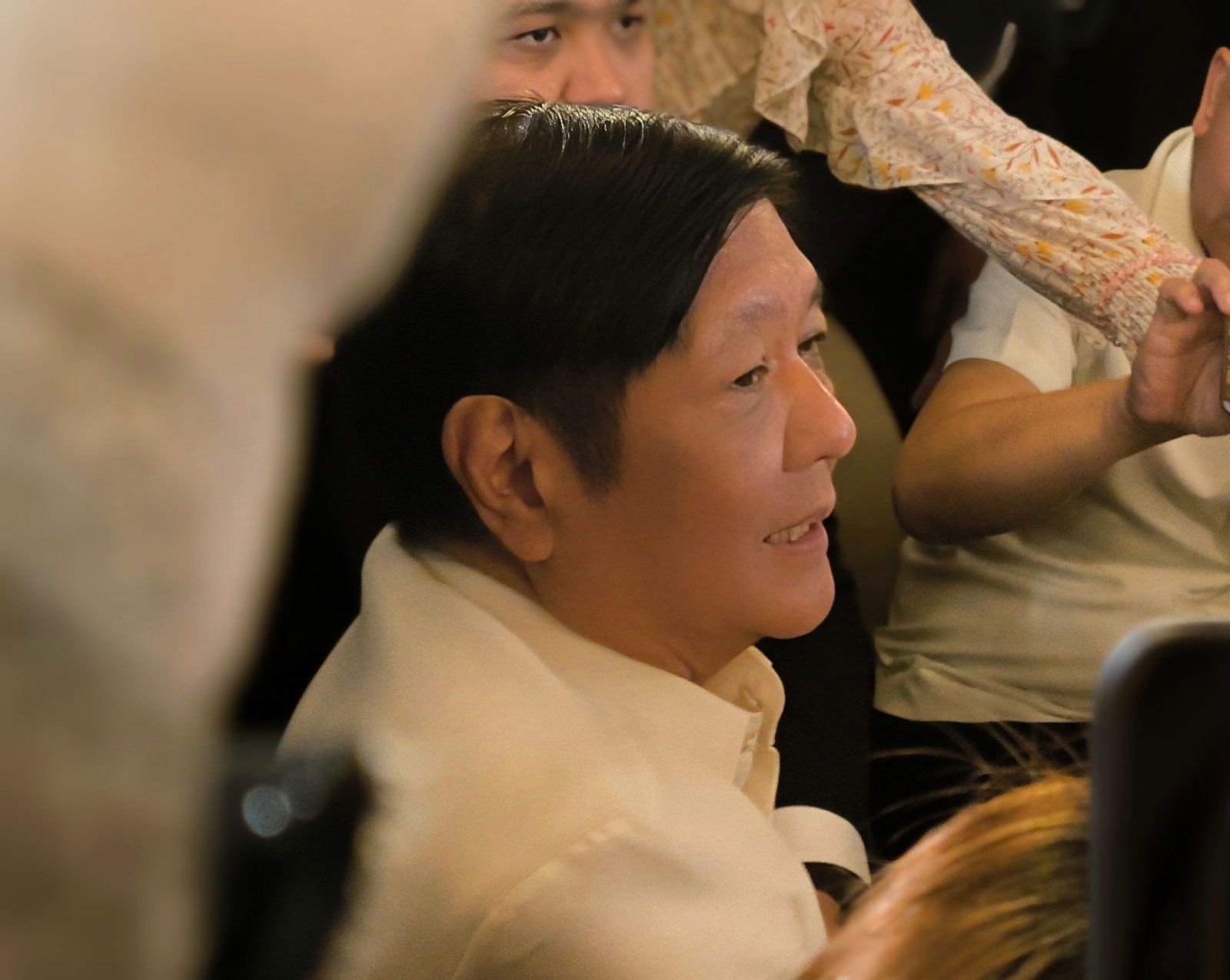The Philippines is "quite stable" despite all the challenges, President Marcos said.

"We're quite stable," Marcos said when asked in an ambush interview in Malacañan on Monday, Dec 16, on the nation's state at present.
He said, although there has been a lot of noises in the country, they are merely noises.
"I mean, the government is functioning properly. Although there's a lot of noise, that's all it is. It's all just noise," Marcos said.
The President did not elaborate on what noise he was referring to.
Marcos and Vice President Sara Duterte were caught in a political tension, which further grew when it was brought out into the open, at least publicly, in November.
Last month, the Vice President issued alleged death threats to Marcos, his wife, First Lady Liza Araneta-Marcos, and his cousin, House Speaker Martin Romualdez. She revealed she will have them assassinated if she, herself, gets killed.
Duterte has, however, backpedaled from her statement, saying she will not gain anything if the President dies. She said her statement was more of a concern on the threat to her security.
Two days later, Marcos broke his silence and hit back at Duterte's threats, saying he will not let the threats slide, and swore he would fight back.
Their political bickering further intensified when former president Rodrigo Duterte, in a livestreamed press conference, said there is a fractured governance in the Philippines today, and only the military can correct it.
Malacañang, through Executive Secretary Lucas Bersamin, responded to it, stating that overthrowing a sitting president through murder, inciting rebellion, or sowing chaos in order to take over the highest position in the land is unacceptable. He told the Duterte camp to "wait for the right time, follow the proper method."
The Duterte side later said Duterte's statement was not a call for a military action against the President but was only a reminder to the military of their constitutional duty to protect the people, contrary to Malacañang's understanding that he aims to inflict hate or revenge.